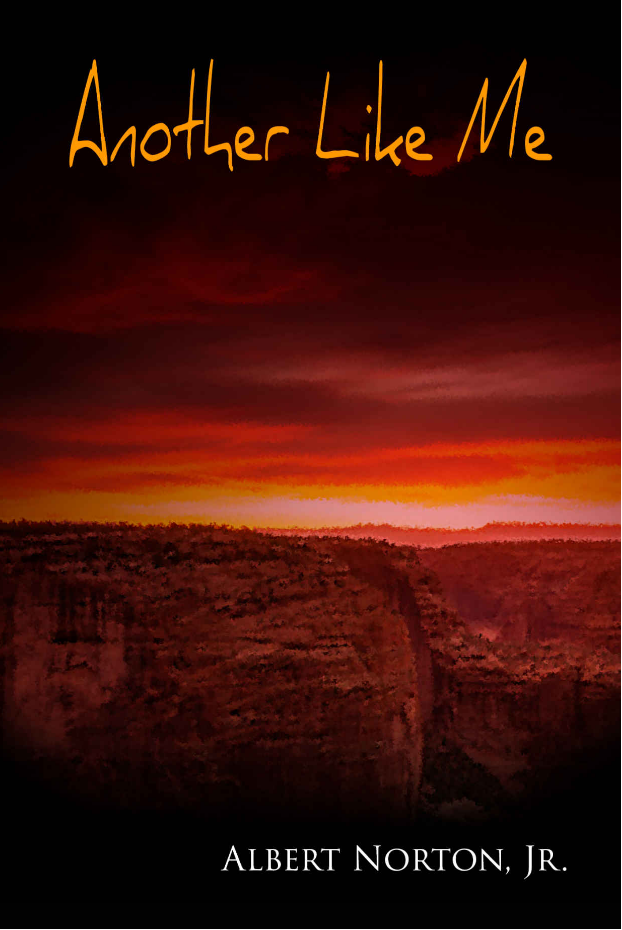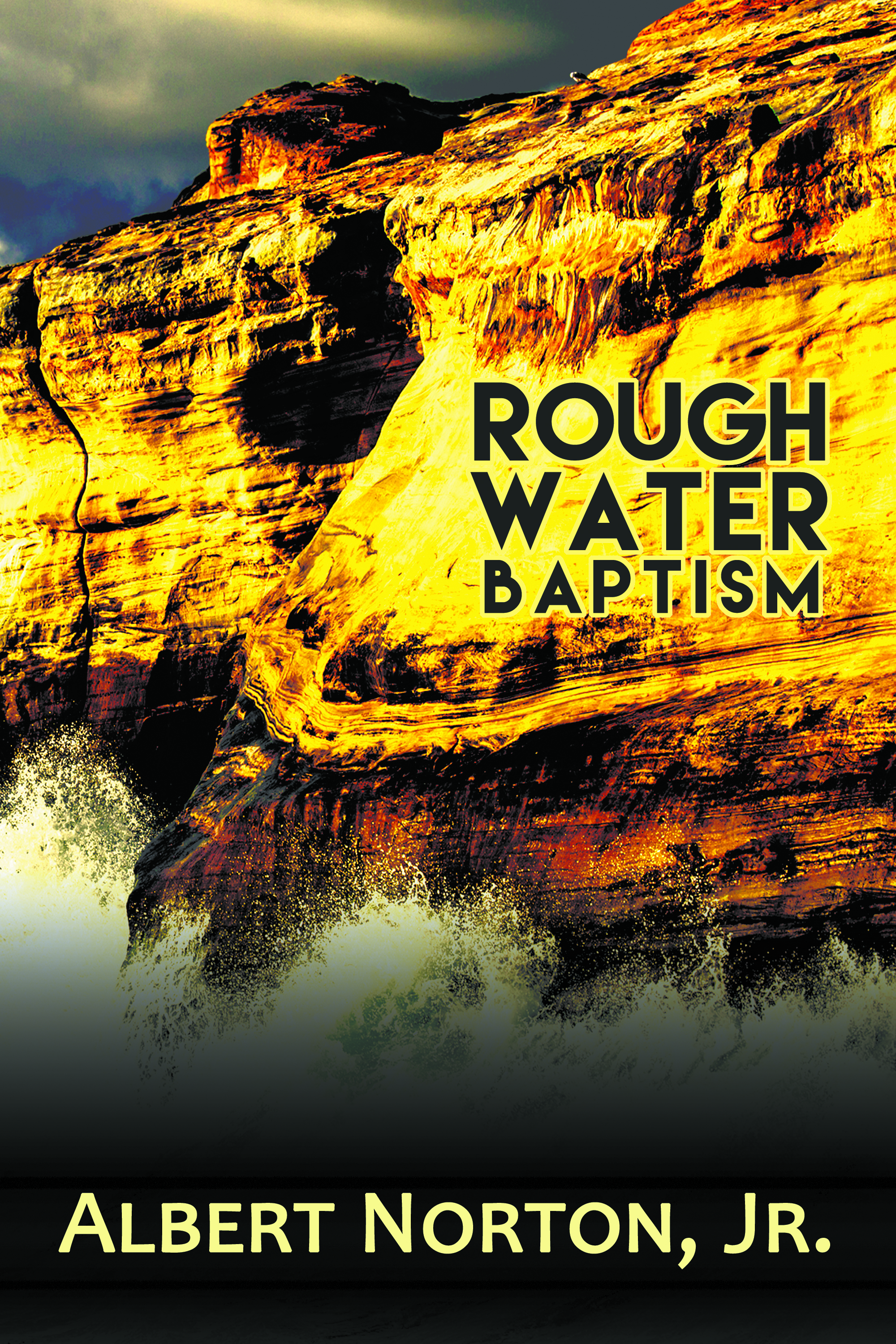Another Like Me
Sometime, in the near future, Jack Pence finds himself in New York City . . . alone. A sole survivor, apparently, of an unstoppable pandemic. He begins a journey West, hoping to find someone -- anyone -- who has also survived. The search proves fruitless, and Jack stops in the tiny hamlet of Luna, New Mexico, slipping into despondency, and then despair, on the brink of defeat.
But when he suddenly finds he is not alone after all, what happens next re-ignites his consciousness, provides him a home, and launches him on an unforgettable mission.
More info →Rough Water Baptism
Rough Water Baptism is about a dramatic shift in Elise Brinkley’s world. She has grown up in San Francisco, with her brilliant neuroscientist father, and has absorbed from him and from her environment a worldview that insists that the material world is all there is. Her faith in that way of thinking becomes tested. Her life is in some ways perfect, unperturbed by doubt, but she experiences through her friend Joy a sense that there may be something more to this life.
Then she is swept up in romance with the handsome and enigmatic Tino.
Tino is not all that he appears to be, however, and Elise’s world comes crashing down around her in the space of a few hours...
More info →Intuition of Significance: Evidence against Materialism and for God
There is a big gap between the orthodox Christian understanding of reality, and that of the default materialism of the culture. We tend not to recognize the default perspective as coherent, doctrinal, and dogmatic, in the same way religion is understood to be. This is partly because of the tendency to describe one's views by what they are not, rather than what they are. To say "I'm not very religious," for example, is to say what one isn't, not what one is. The effect of this tendency is to obscure the metaphysical stance absorbed in place of religion, leaving an illusory neutrality concerning spiritual truth.
Reality is the widest conceptual net we can cast. The right first question is: what constitutes all of reality? Theism provides one answer, materialism another. We would do well to look critically at both. This book traces the fault line between theism and materialism so as to follow the evidence where it leads--evidence like the fact of being; our incessant yearning; our competing desires both for significance and insignificance; and the subjective motivations we have with respect to beauty, truth, and morality, all indicators of transcendent truth to which our physical surroundings point.
Dangerous God
In this book, a history of truth formation is presented, distinguishing the medieval to modern periods, and then the modern to postmodern, highlighting the thinking of Descartes, Rousseau, Hegel, Kierkegaard, Marx, Nietzsche, William James, and John Dewey, among many others.
More info →







